Six Assumptions of Andragogy
Our approach to education uses the six assumptions related to the unique nature of adult learning by Malcolm S. Knowles. These include: (1) Adults need to know why they need to learn something (2) Adults need to build on their experience, (3) Adults have a need to feel responsible for their learning, (4) Adults are ready to learn if training solves an immediate problem (5) Adults want their training to be problem focused, (6) Adults learn best when motivation comes intrinsically.
Six Assumptions of Adult Learning
• Need to Know: An adult student must know and understand the reason they are learning something. They need to understand its applications, why it will solve future problems, and how to immediately use the knowledge.
• Foundation/Experience: Adult students have many experiences before becoming our student. Due to this we will build on their prior experiences to design learning activities. It is our responsibility to tie in their understanding of the world with new information. Experiences and errors throughout class will also provide the basis for learning activities. Every lesson will build upon each student’s prior knowledge to help them understand and implement new information.
• Self-concept: Adult students need to be responsible for their learning decisions throughout the training. They thrive when they have self-direction. This is why all of our training programs provide our students with the ability to influence their learning path.
• Readiness: Adult students learn best when the information being taught helps solve an immediate, real-life problem. We will cultivate our students by motivating them with learning activities that have immediate relevance to them and the subject matter they are being taught.
• Orientation: Adult Students are motivated to learn when the content is problem oriented. They want specific information and relevant knowledge that will solve a problem rather than generic information. Our classes focus on problems faced by massage therapists while exploring the steps that may be taken to resolve them.
• Motivation: Adult students respond better to internal versus external motivators. Children learn because they are directed to do so. Adults must develop their own reason why they want to learn. Our classes will focus on inspiring our students to be their own inspiration. Activities will focus on elements that will help each student feel better about themselves and provide them more opportunities to grow professionally. It is our goal to help students develop long-term motivational power to help guide them throughout their career.
Cross-disciplinary Skills
Our teaching incorporates cross-disciplinary skills to help learners have a greater understanding of the knowledge they are being taught. These skills include critical thinking, problem solving, collaboration, effective oral and written communication, accessing and analyzing information, as well as adaptability, creativity, initiative, and entrepreneurialism.
Body-centered Instruction
Our teaching methods are body-centric, meaning we will integrate the mind, body, and spirit into all aspects of our instructional process. We actively listen to our students with integrity, respect, and kindness.
Assessment
Our instructors will monitor, measure, evaluate, document, reflect on and adjust their teaching methods and learning to ensure our students are capable utilizing the information they have been taught in an effective, safe, and ethical way. We will use formative and summative assessments throughout the training process.
Formative assessment will be used to establish and maintain a continuous feedback loop to help improve the learning experience. The summative assessment will be used to determine a student’s comprehension of a specific subjects.
Formative Assessment. A process used by teachers and learners that provides a continuous stream of evidence of learner growth, empowering teachers to adjust instruction and learners to adjust learning to improve student achievement. Formative assessment requires clear articulation and communication of intended instructional outcomes and criteria for success, ongoing descriptive feedback, the use of assessment evidence to make adjustments to teaching and learning, self- and peer-assessment that promote learner awareness of growth and needed improvement, and a partnership between teachers and learners that holds both parties accountable for learner achievement and success.
Summative Assessment. The process of determining learning at the culmination of a given period of time to evaluate the extent to which instructional objectives have been met. Examples of AFMTE | Core Competencies for Massage Therapy Teachers Page 24 summative assessment include end-of-unit tests, final exams, semester exams, portfolios, capstone projects, performance demonstrations, national certification, or licensure examinations.
AFMTE Core Competencies Jan2013 Final Adopted Version





